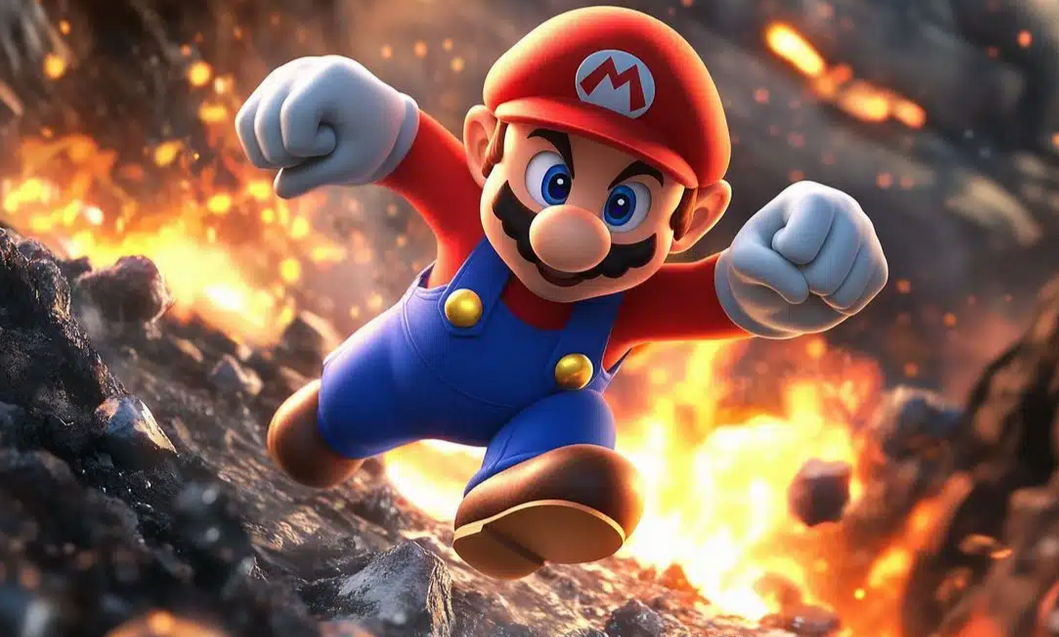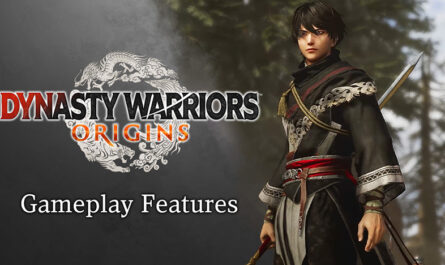Nintendo has filed a federal lawsuit in Colorado against video game streamer Jesse Keighin, also known online as EveryGameGuru, accusing him of illegally streaming unpublished Nintendo Switch games. This latest legal move highlights Nintendo’s ongoing efforts to protect its intellectual property and combat piracy in the digital age.
Allegations Against Jesse Keighin
The lawsuit claims that Keighin streamed pirated versions of popular Nintendo games, including Mario & Luigi: Brotherhood and The Legend of Zelda: Echoes of Wisdom, without obtaining permission from the company. These broadcasts allegedly took place across multiple platforms such as YouTube, Twitch, Discord, and TikTok.
Nintendo asserts that Keighin continued streaming their content despite repeated copyright takedown requests. According to the company, he conducted over 50 unlawful streams since 2022 and actively encouraged his audience to play Nintendo games on PCs using emulators rather than official Nintendo consoles.
Streaming, Emulator Promotion, and Monetization
Nintendo’s complaint goes beyond the act of streaming, alleging that Keighin coached viewers on bypassing Nintendo’s hardware restrictions. He reportedly promoted popular Switch emulators like Ryujinx and Yuzu, which allow users to play Nintendo titles on computers.
The streamer allegedly boasted about evading restrictions, claiming in communications with Nintendo that he had “a thousand burner accounts” to get around platform bans. This demonstrates an intentional effort to circumvent Nintendo’s security measures.
In addition to broadcasting pirated games, Keighin is accused of monetizing his streams, initially through YouTube ad revenue and later by soliciting donations via CashApp links. This potentially allowed him to profit directly from Nintendo’s intellectual property.
Financial Stakes and Legal Implications
Nintendo is seeking up to $150,000 in damages per copyright violation, which could total $7.5 million if all claims are upheld. This reflects the company’s strong stance against piracy and its commitment to defending its valuable IP portfolio.
The case emphasizes the legal risks for streamers who share or profit from unauthorized game content. Beyond potential fines, infringing content can also result in platform bans, account suspensions, and long-term legal consequences.
The Bigger Picture: Nintendo’s Anti-Piracy Strategy
Nintendo has a long history of pursuing legal action against piracy, targeting both individuals and companies. While Keighin represents a high-profile individual case, the company has also taken action against developers and businesses allegedly infringing its IP.
For instance, Nintendo and The Pokémon Company are suing the developer Pocketpair over the game Palworld, claiming it violates multiple Nintendo patents. In that case, the companies are seeking damages of approximately five million yen (~$32,846 USD).
Switch Emulators and the Rise of Digital Piracy
The Nintendo Switch has been particularly vulnerable to piracy since its launch. The first Switch jailbreak in 2018 exploited a hardware flaw, allowing users to install emulators and play pirated games on PCs and other devices. Although the hardware flaw was eventually patched, it accelerated emulator development and made unlicensed content more accessible.
Popular emulators like Ryujinx and Yuzu remain widely used. While some players use them to play legally purchased games on alternative devices, Nintendo maintains that distributing or streaming pirated games is illegal and subject to prosecution.
Legal and Ethical Considerations
This lawsuit serves as a cautionary tale for content creators and gamers. Sharing pirated content or monetizing streams of unreleased games is not only illegal but can also result in significant financial and legal repercussions.
For consumers, using pirated games—even through emulators—carries risks such as exposure to malware or violating digital rights laws in their countries. Nintendo’s actions emphasize that unauthorized use of its games undermines the ecosystem and the work of developers who create the content.
Nintendo’s Ongoing Efforts to Protect IP
Nintendo actively monitors online platforms to detect piracy, regularly issues takedown notices, and pursues legal remedies when necessary. The company prioritizes the protection of unreleased titles, which involve years of development, marketing investment, and potential revenue.
By targeting streamers like Keighin, Nintendo sends a clear message: illegal streaming and distribution of its games will not be tolerated, regardless of the platform or the user’s intent to profit.
The Impact on the Gaming Community
The case also highlights the broader challenge of digital content protection in the era of streaming and emulation. While emulators can offer legitimate uses, such as preserving old games, using them to bypass hardware restrictions or share pirated games directly undermines the gaming industry.
Nintendo’s lawsuit reminds gamers and creators alike that respecting copyrights is crucial. Legal enforcement ensures that companies can continue to invest in game development and maintain quality experiences for legitimate users.
Looking Ahead
As this federal case moves forward in Colorado, it may set important precedents for the gaming and streaming industry. The outcome could influence how IP rights are enforced for emulators, streaming platforms, and digital content distribution.
For creators, this serves as a strong warning: monetizing or distributing pirated content, especially unreleased games, can have serious consequences. For Nintendo, the case reinforces its position as a vanguard in protecting digital property in an increasingly online-focused gaming world.
In the end, the dispute between Nintendo and Jesse Keighin underscores the delicate balance between game accessibility, creative freedom, and intellectual property rights in the modern digital landscape.




